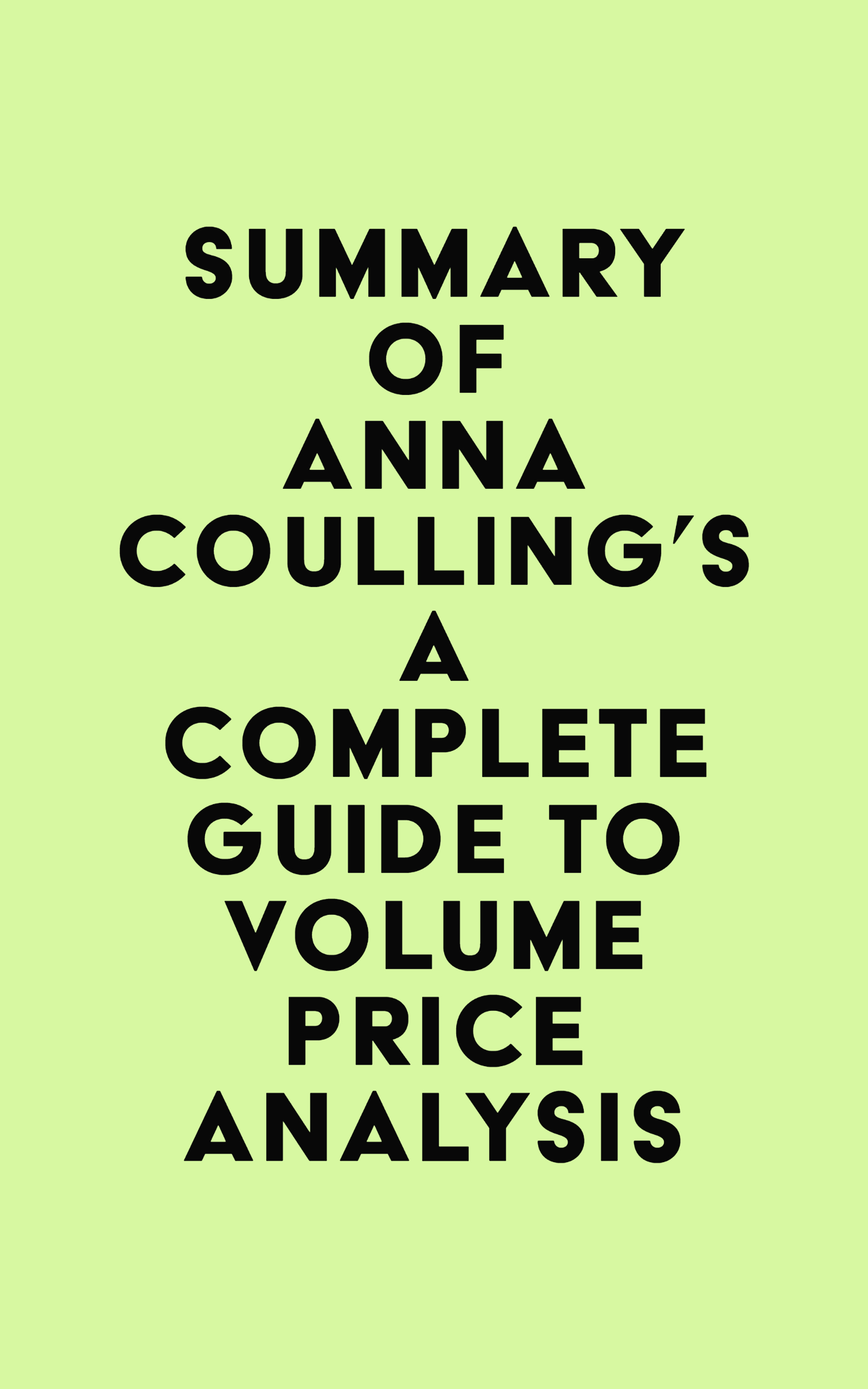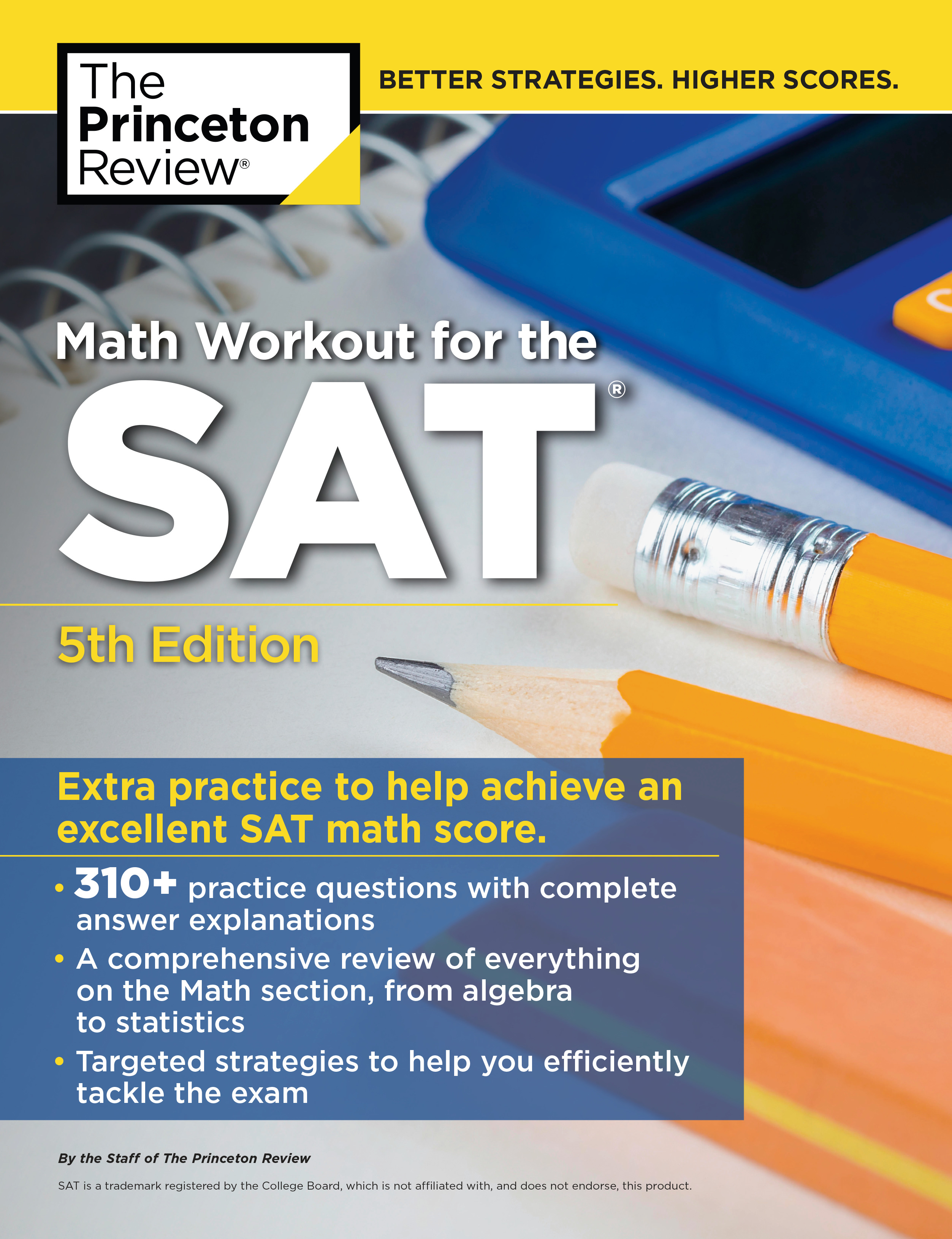This book focuses on market mechanisms which protect quality in the provision of audit services. The role of public regulation is thus situated in the context defmed by the presence of these safeguard mechanisms. The book aims to contribute to a better understanding of these market mechanisms, which helps in defining the conÂ- tent of rules and the function of regulatory bodies in facilitating and strengthening the protective operation of the market. An analysis at a more general level is provided in the three chapters making up Part 1. In the four chapters of Part 2, on the other hand, this analysis is applied to a particular problem to determine how those non-audit services often provided by auditors to their audit clients should be regulated. Finally, Chapter 8 contains a summary of the analysis and conclusions of the work. The conclusion with regard to non-audit services is that their provision generates beneficial effects in terms of costs, technical competence, professional judgment and competition and, moreover, need not prejudice auditor independence or the quality of these services. This asÂ- sessment leads, in the normative sphere, to recommending a legislative policy aimed at facilitating the development and use of safeguards provided by the free action of market forces. Regulation should thus aim to enable the parties-audit firms, self-regulatory bodies and audit clients-to discover through competitive market interaction both the most efficient mix of services and the corresponding quality safeguards, adjusting for the costs and benefits of each possibility.












